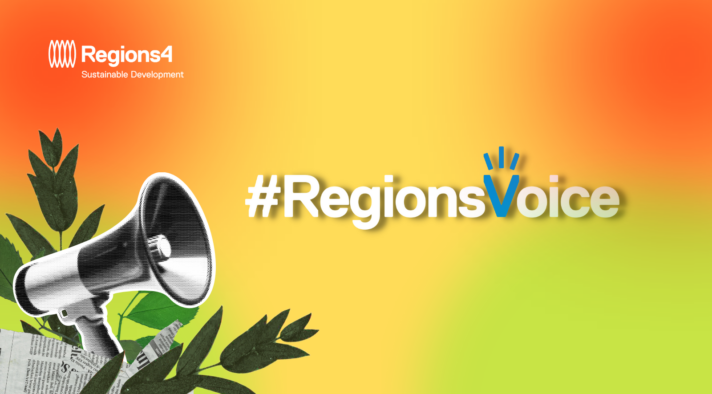In 1989 the United Nations General Assembly launched a global call to for a day to promote a global culture of risk-awareness and disaster reduction. Since then, every 13 October the International Day for Disaster Risk Reduction celebrates how people and communities around the world are reducing their exposure to disasters and raising awareness about the importance of reining in the risks that they face. The 2019 edition will focus on Target (d) of the Sendai Framework: reduce disaster damage to critical infrastructure and disruption of basic services.
Wales is one of the European regions working in this field of action. Due to its location bordering the Irish Sea, Wales is wet, windy, and susceptible to coastal flooding. Flooding poses a threat to all aspects of Welsh life, from agriculture and infrastructure, to residential and business properties. One in 6 properties in Wales are at risk of flooding, and approximately 340,000 passenger delay minutes on the British rail network (5% of all delays) between 2006 and 2013 were directly caused by flooding.
In this context, the Flood Awareness Wales project launched by the Environment Agency Wales and run by Natural Resources Wales, has worked since 2010 to help improve public understanding of the risks associated with flooding, ensuring that communities and people know how to prepare for, and respond during a flood incident, focusing on minimising its impacts.
Working with individuals, businesses, schools, farms and entire communities, Flood Awareness Wales was a measure designed to highlight that with a changing climate with the risk of erratic weather and more flooding increasing, flood defences alone are no longer a sufficient response.
The initiative implemented actions such as:
- A roadshow all over Wales with a dedicated team to meet communities in flood adverse areas to discuss how to best prepare homes and business for a flood.
- An information pack regarding possible sources of flooding and the dangers associated; ways to reduce the impact of flooding; and recommendations of important things to include in a flood kit (insurance documents, torch, waterproof clothing, etc.).
- The devise of community-led flood plans, creating a whole network of volunteer support and active flood groups.
In December 2015, Natural Resources Wales commissioned an independent review of Flood Awareness Wales. This study found that the targeted approach, which used flexible methods to suit each community, was effective engagement. Partners and volunteers found the programme to be successful and the support (templates for plans, expertise and guidance) useful.
In addition, t has been found that where active flood groups are established in communities, there is less reliance on Natural Resources Wales for support. Hence, in order to strengthen community ownership of flood plans and action, the current approach of the project is to continue empowering flood volunteers as the most effective way to minimise the impacts of flooding and implement resilience measures.



